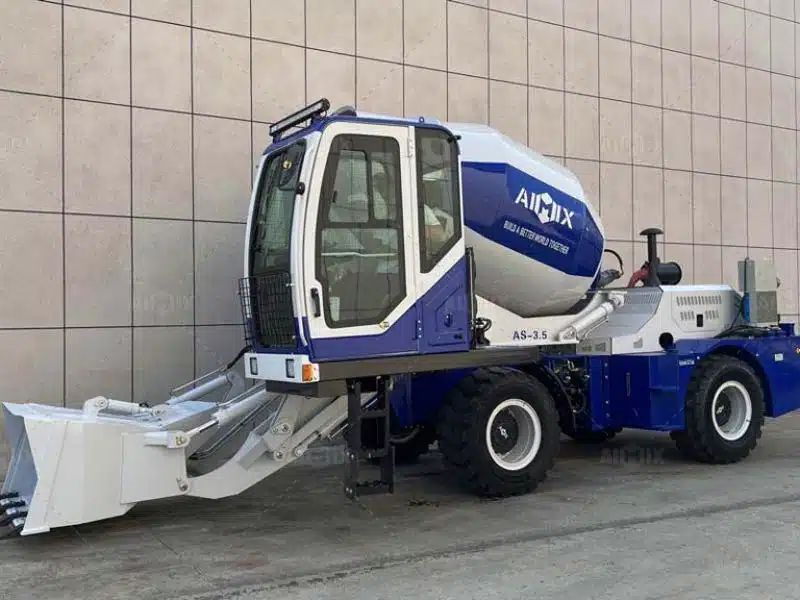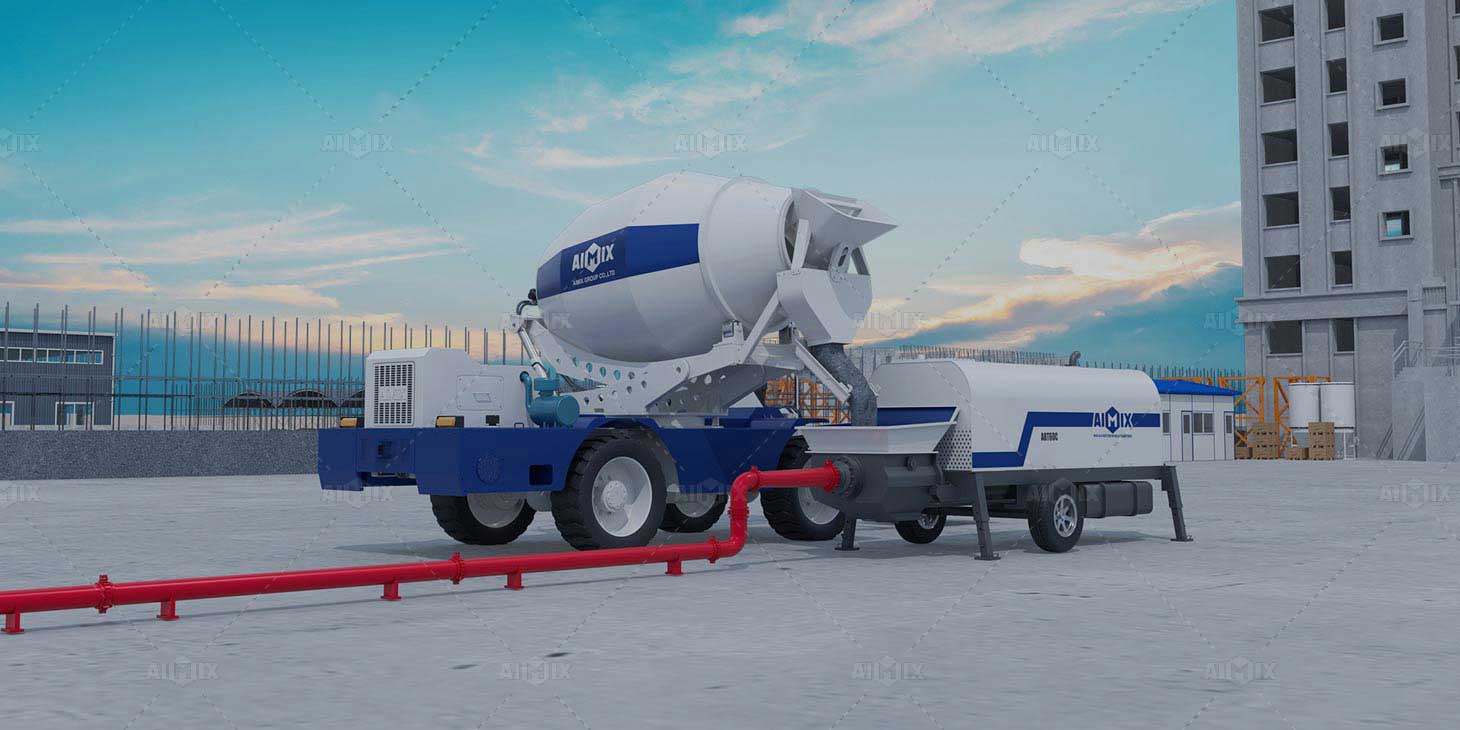The bustling construction industry in South Africa demands precision, efficiency, and the right equipment. Among the pivotal decisions facing construction professionals is choosing between a self-loading concrete mixer and a concrete pump. Each piece of machinery offers unique advantages, and the choice can significantly impact the outcome of a project.
The Versatility of a Self-Loading Concrete Mixer
When it comes to versatility on a construction site, a self-loading concrete mixer shines. This mobile machine is a compact powerhouse, capable of handling various tasks with finesse.
1. On-Demand Mixing
Self-loading concrete mixers empower construction crews with the ability to mix concrete on-site, eliminating the need for pre-mixed deliveries. This ensures that the concrete is fresh and adheres to the exact specifications required for the project.
2. Versatile Mobility
These mixers are equipped with off-road capabilities, making them suitable for construction in diverse terrains. Whether you’re working in urban settings or remote rural areas, a self loading concrete mixer for sale South Africa can navigate with ease.
3. Time Efficiency
Construction projects often have tight schedules. Self-loading mixers offer quick and efficient concrete production, reducing downtime and boosting productivity.

The Precision and Reach of a Concrete Pump
Concrete pumps, on the other hand, are essential for projects where precision placement of concrete is paramount, such as high-rise buildings or extensive horizontal pours.
1. Extended Reach
Concrete pumps can transport concrete to elevated or distant locations with accuracy. They offer the ability to reach heights and distances that self-loading cement mixers for sale South Africa may struggle to achieve.
2. Reduced Labor Intensity
In situations where labor efficiency is a concern, concrete pumps can replace the labor-intensive task of manually transporting concrete. This not only saves time but also reduces the physical strain on workers.
3. Consistency in Concrete Placement
For projects that require a consistent and uniform flow of concrete, a concrete pump is indispensable. It ensures that concrete is distributed evenly, reducing the risk of imperfections in the final structure.

The Decision-Making Process
Choosing between a self-loading concrete mixer and a concrete pump in South Africa is a decision that depends on the specific needs of your construction project.
1. Consider the Project Scope
Evaluate the scope of your construction project. If you’re working on a smaller-scale project with the need for mobility and on-site concrete mixing, a self-loading concrete mixer may be the ideal choice. On the other hand, large-scale projects that demand precision and extended reach may benefit from a concrete pump. Learn more about pump here: concretemixerwithpump.com
2. Evaluate Terrain and Access
Assess the terrain and accessibility of your construction site. Self-loading mixers excel in navigating challenging terrains, whereas concrete pumps may require a more favorable environment for efficient operation.
3. Efficiency and Cost
Consider the efficiency and cost-effectiveness of each option. Self-loading mixers can save costs on pre-mixed concrete deliveries, while concrete pumps may reduce labor expenses and offer speedier concrete placement.
In conclusion, the choice between a self-loading concrete mixer and a concrete pump for sale in South Africa is a critical decision in the construction industry. The specific demands of your project, including scope, terrain, and efficiency requirements, will guide you in making the right choice. Both machines offer unique advantages, and a well-informed decision will contribute to the success of your construction endeavors in this dynamic region.